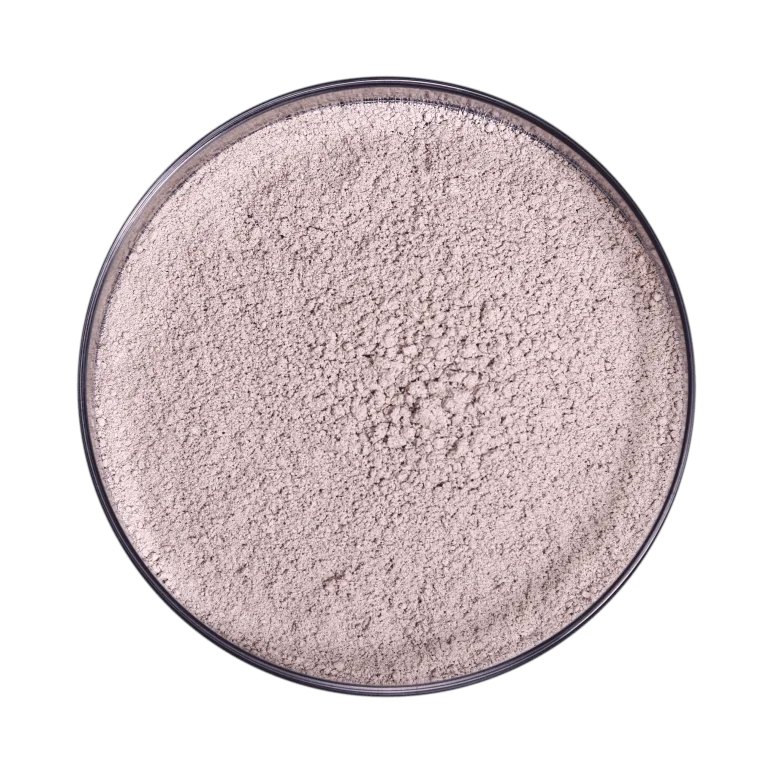


Talc Base Bio Fertilizer Powder
Rhizobium
 Share On Whatsapp
Share On Whatsapp

A genus of Gram-negative soil microbes that fix nitrogen. Rhizobium establishes an endosymbiotic nitrogen-fixing relationship with the roots of legumes.
The microbes inhabit plant cells inside root nodules. Here, they transform atmospheric nitrogen into ammonia and supply organic nitrogen compounds to the plant. The plant, in turn, supplies organic compounds to the microbes produced through photosynthesis. Additionally, as this product is talc-based, it ensures optimal effectiveness and shelf life.
| Parameter | Details | |
|---|---|---|
| Base | Powder | |
| Viable Cell Count | CFU minimum 5 x 107 cell/g | |
| Contamination Level | No contamination at 105 dilution | |
| pH | 5.0–7.0 | |
| Particle Size | All material pass through 0.15 to 0.212 mm IS sieve | |
| Efficiency Character | Should show effective nodulation on all the species listed on the packet and there should be a minimum of 25% increase in dry matter yield in test plants after 25 days after sowing (DAS) when tested as per the method given under controlled conditions. | |
- Nitrogen Fixation: Rhizobium bacteria fix atmospheric nitrogen by converting it into ammonia, a form that plants can utilize. This natural process significantly reduces the need for synthetic nitrogen fertilizers.
- Enhanced Plant Growth: The symbiotic relationship between Rhizobium and leguminous plants leads to vigorous vegetative growth, improved root development, and increased overall yield.
- Improved Soil Fertility: The nitrogen fixed by Rhizobium enriches the soil, benefiting not only the host leguminous plants but also nearby non-leguminous crops, improving overall soil nutrient availability.
- Reduced Environmental Impact: Rhizobium use reduces dependency on chemical nitrogen fertilizers, thereby lowering the risks of water pollution and greenhouse gas emissions. This promotes eco-friendly and sustainable farming.
- Lower Cost Input: By naturally supplying nitrogen, Rhizobium lowers fertilizer costs for farmers, providing a cost-effective alternative to synthetic inputs.
- Disease Suppression: Rhizobium has biological control properties, helping suppress the growth of certain plant pathogens and reducing the need for chemical pesticides.
- Drought Tolerance: The improved root system resulting from Rhizobium symbiosis increases water uptake efficiency, enhancing plant resilience during periods of water scarcity.
Recommended Crops
Gram, lentil , Pea, Pigeon Pea, Soyabean, Green Gram, Black Gram , Groundnut etc.
Recommended Application
- Soil Application
Dosage:
1 Kg/Acre
Packaging:
Packing : 25 Kgs HDPE Bags


